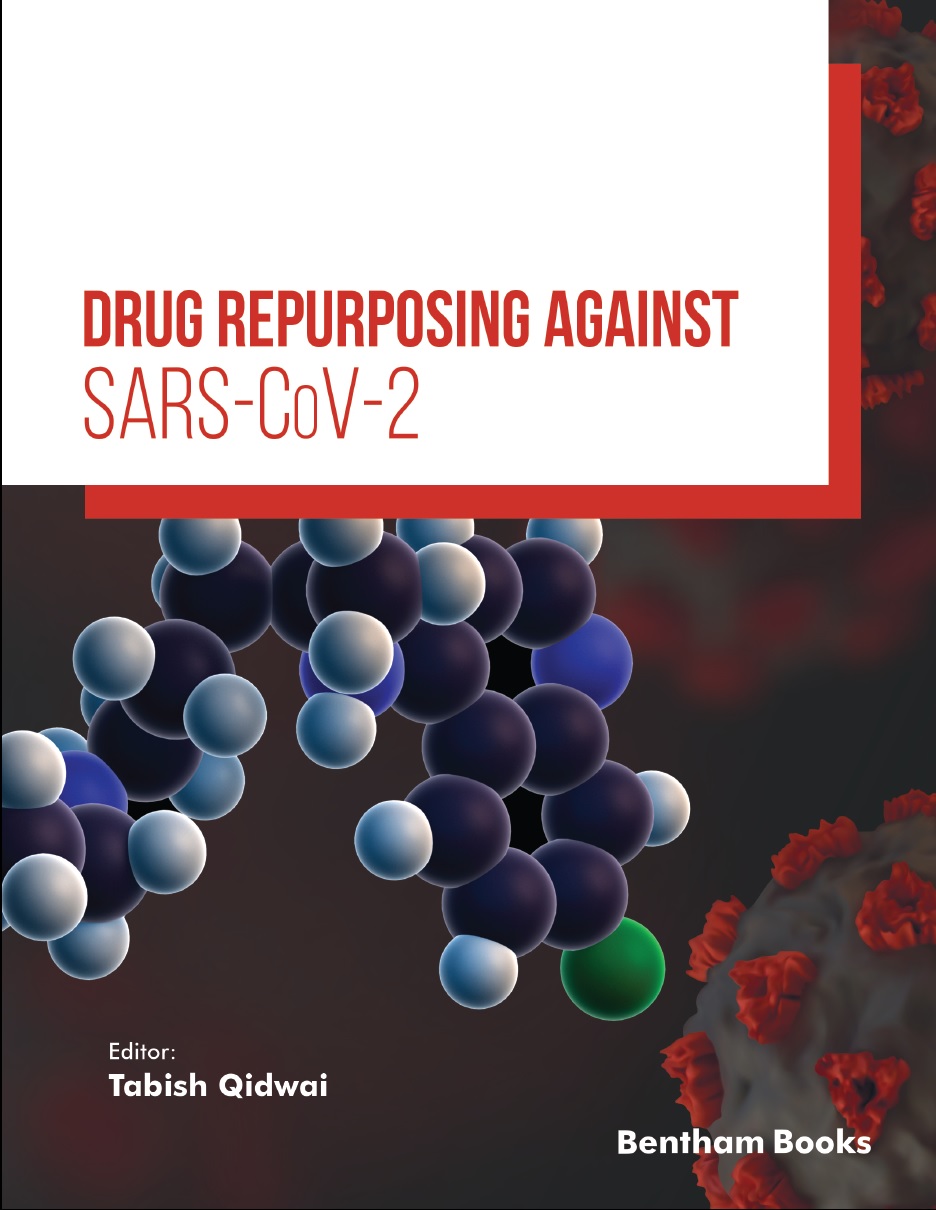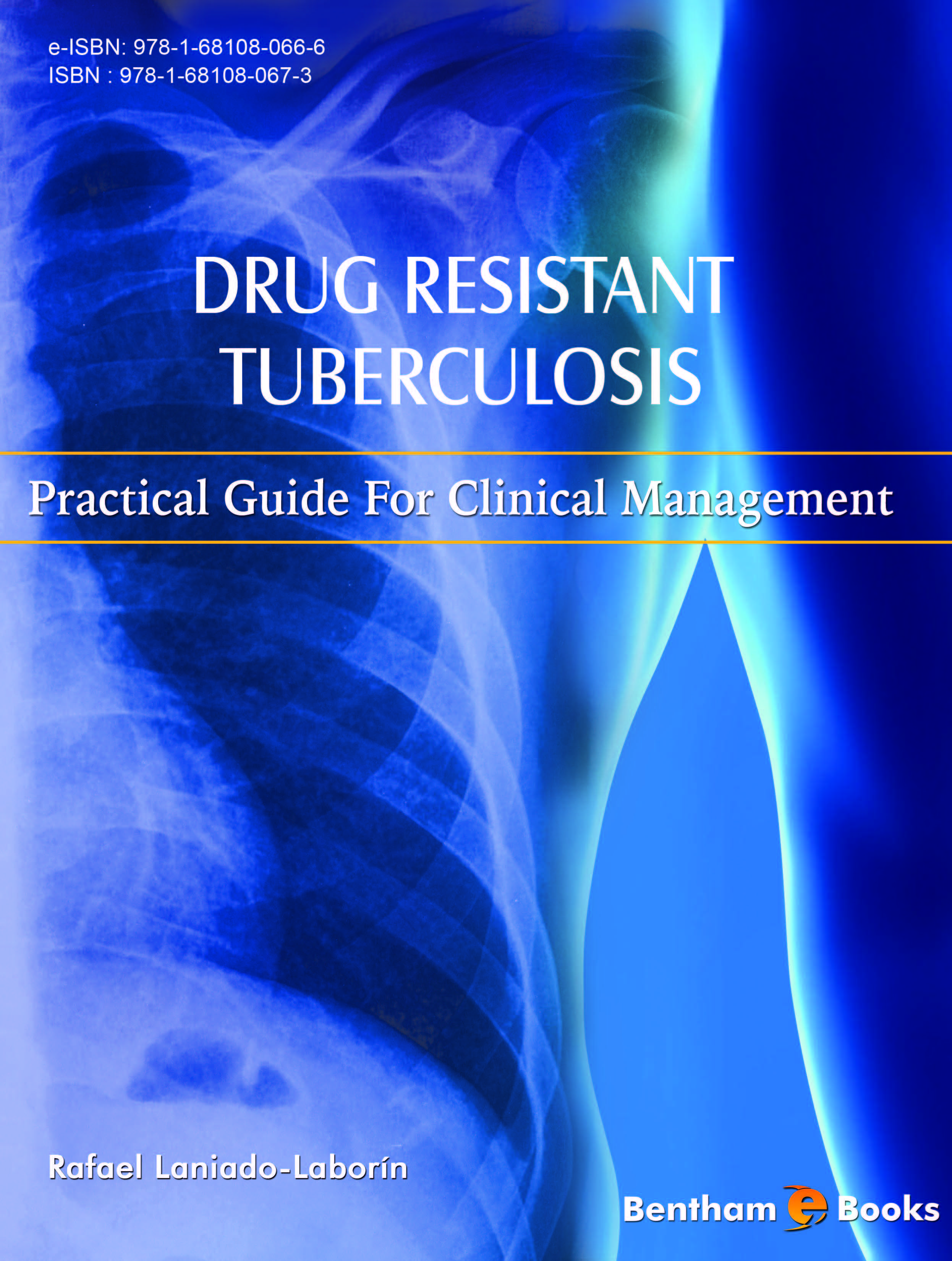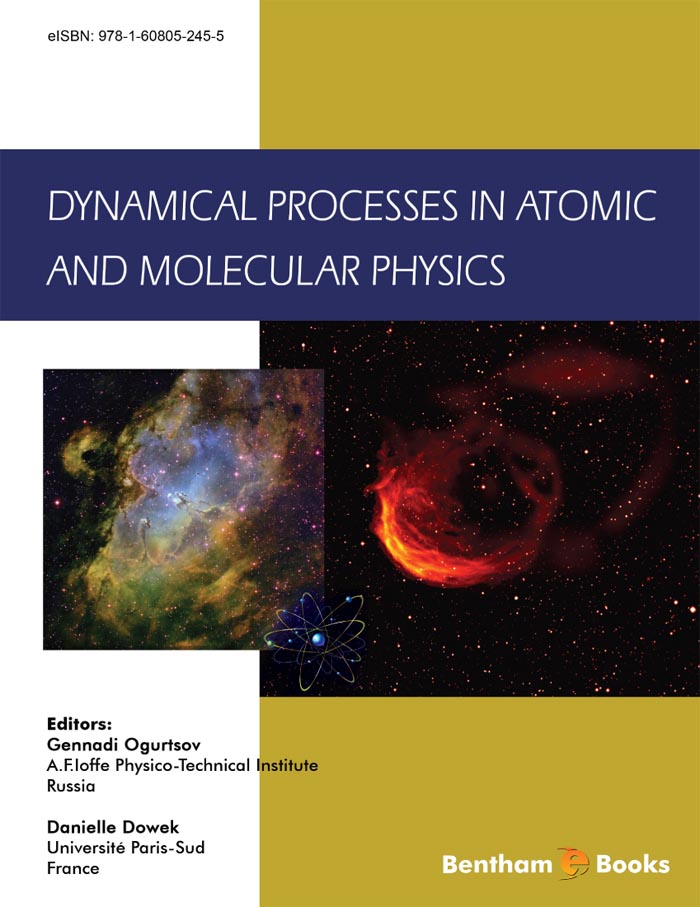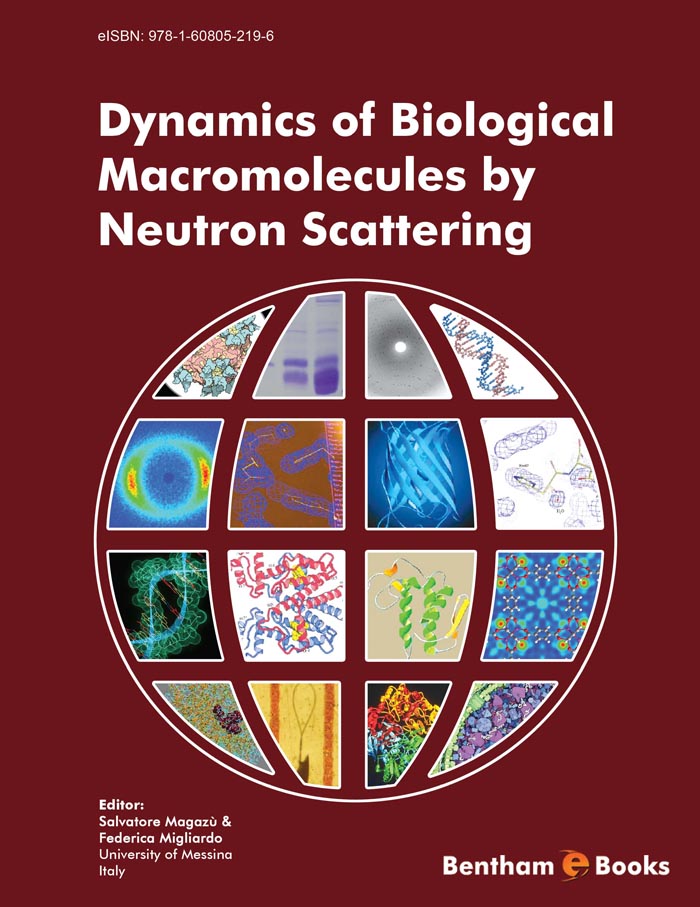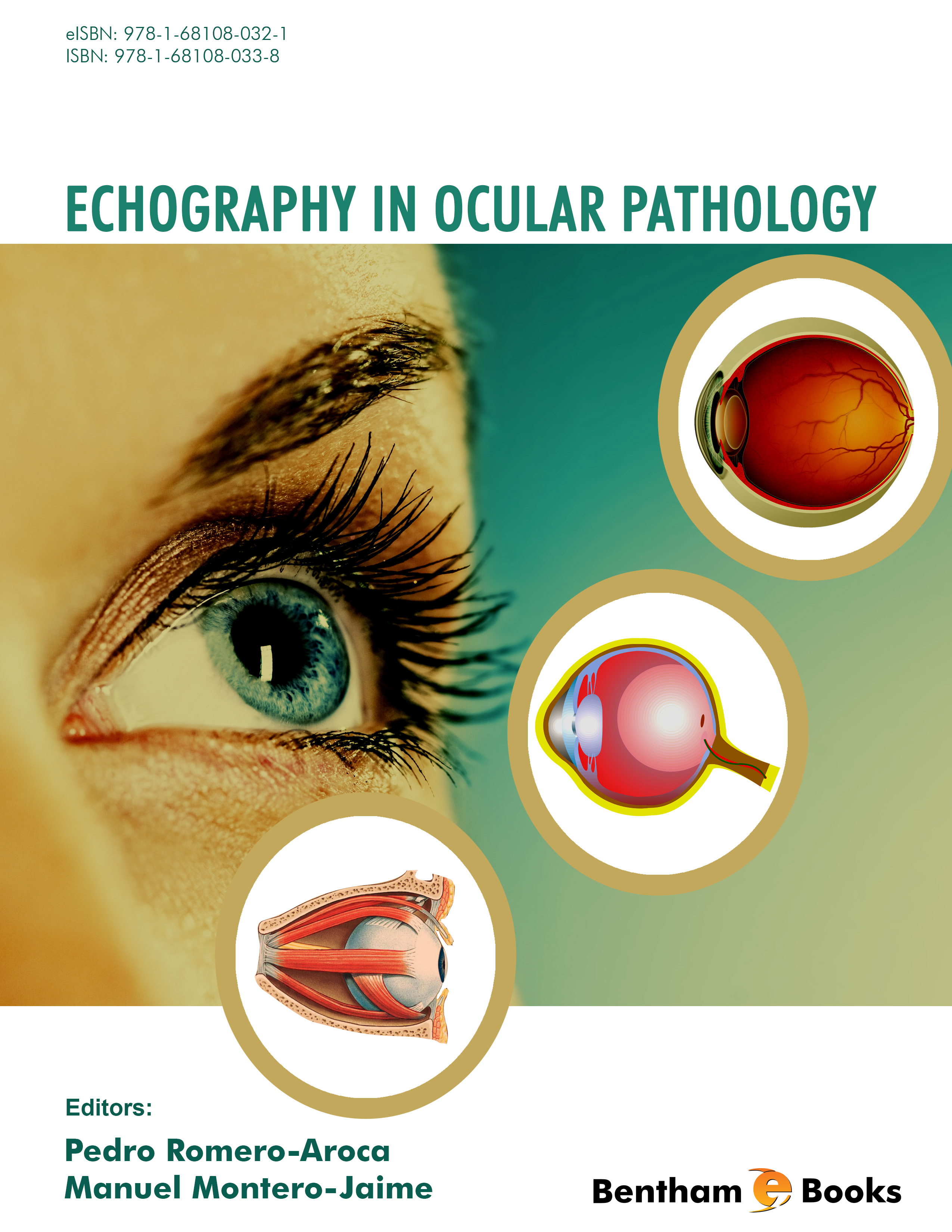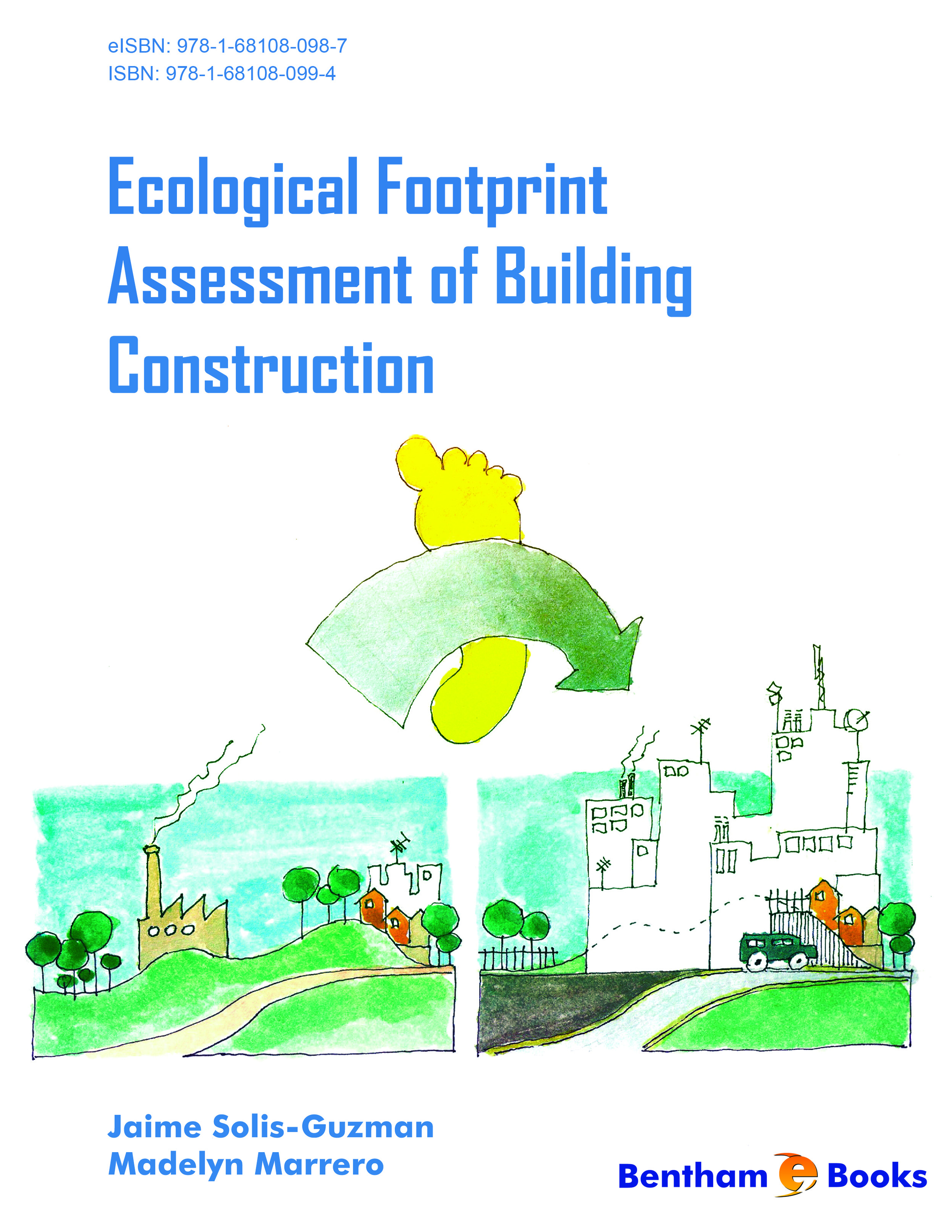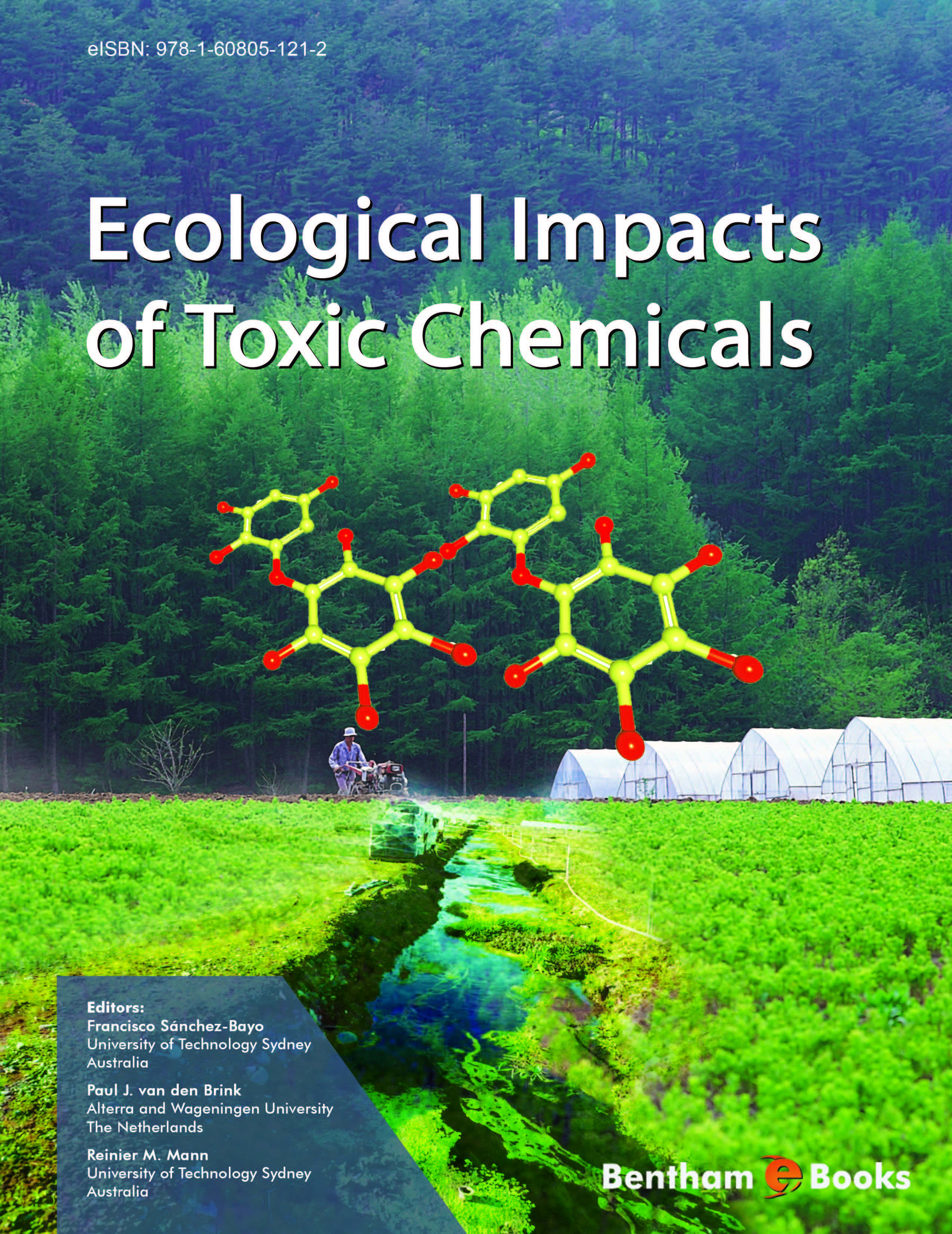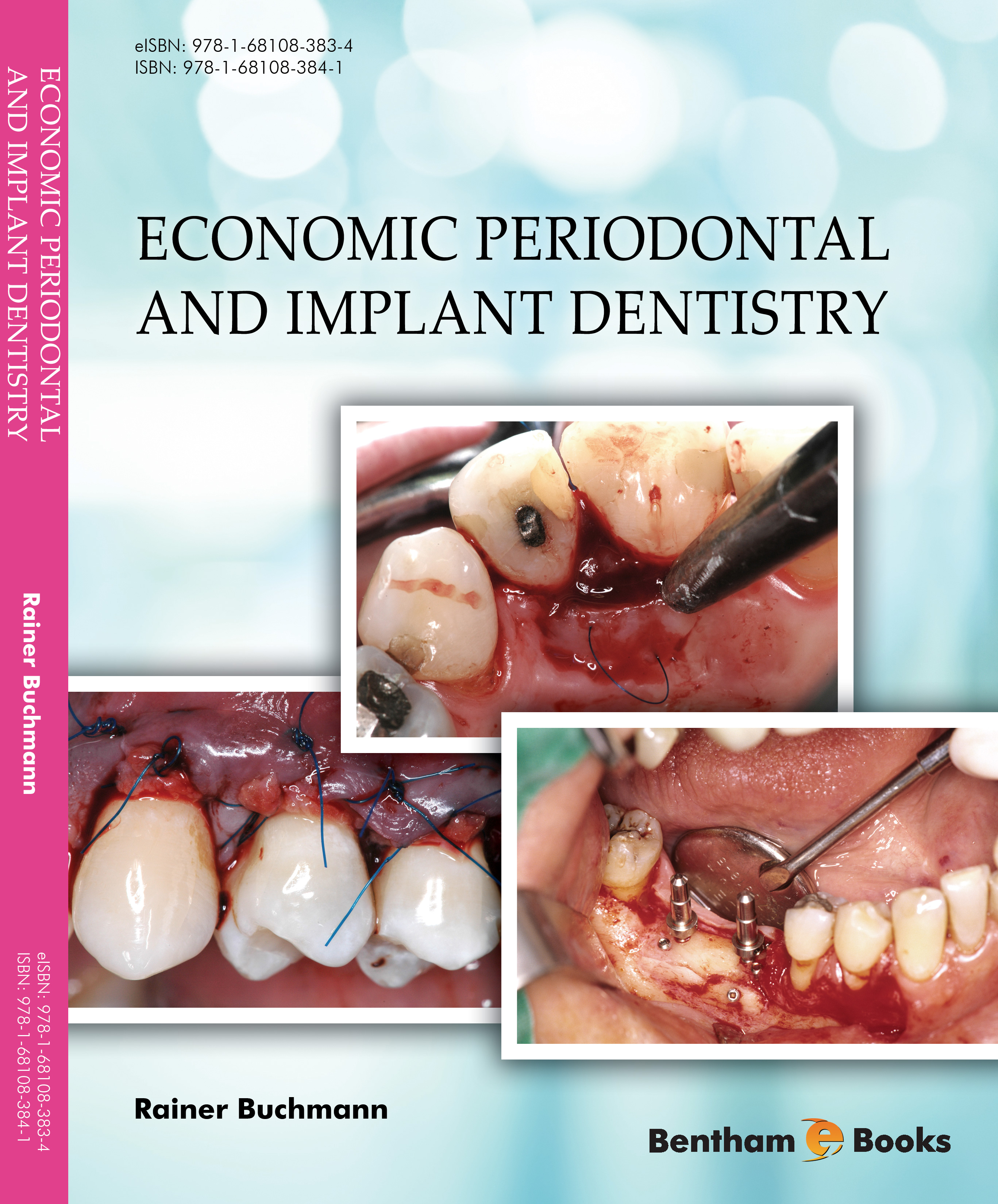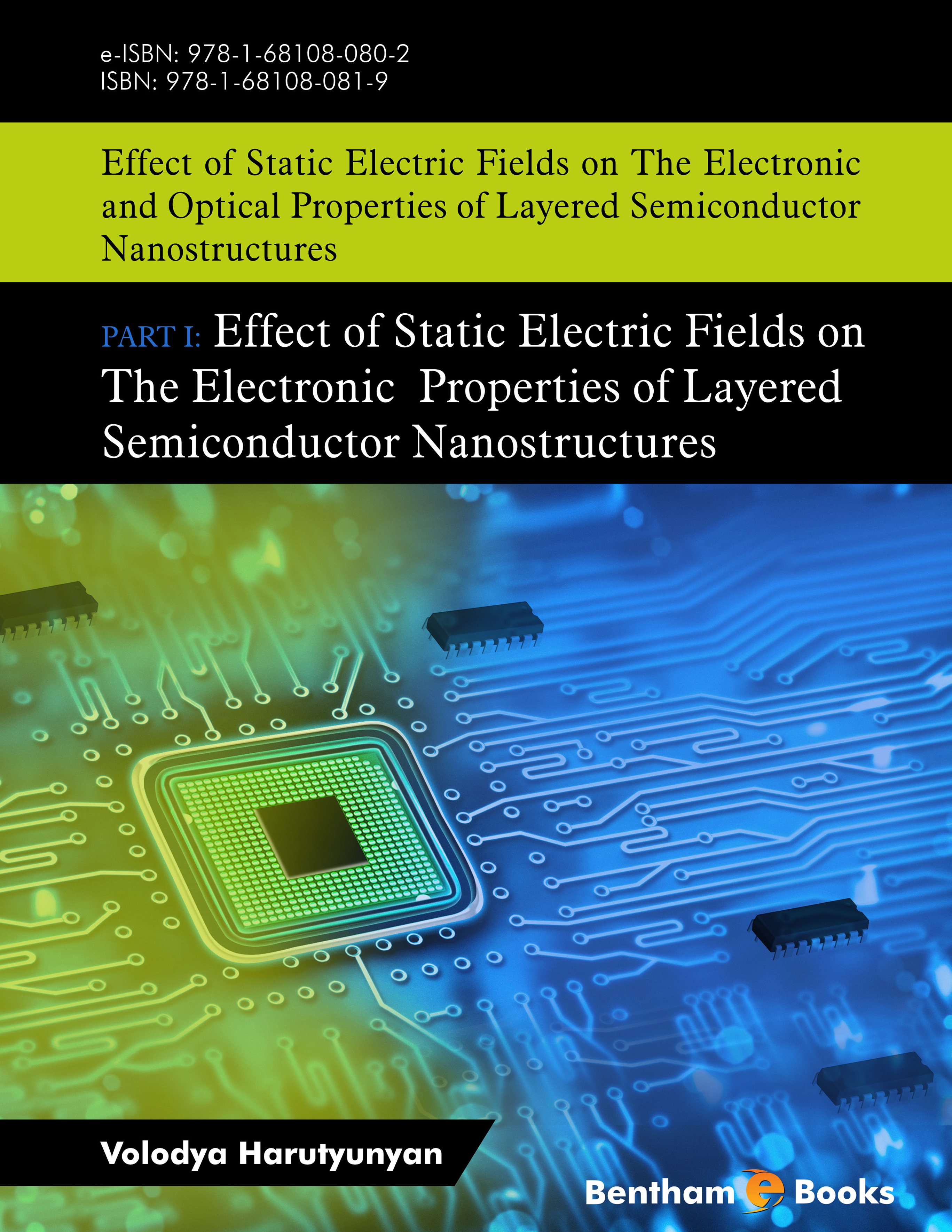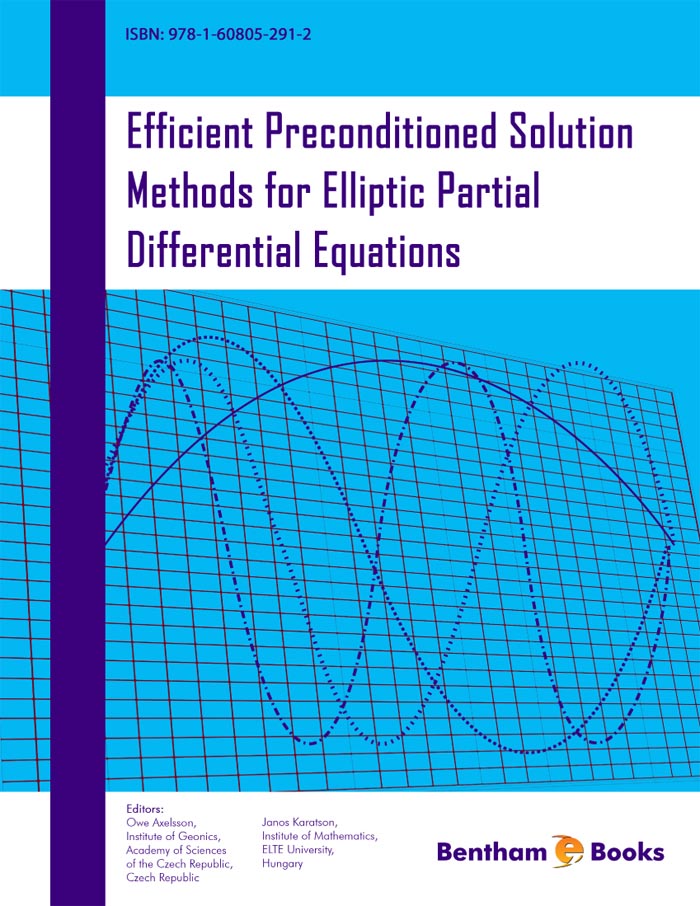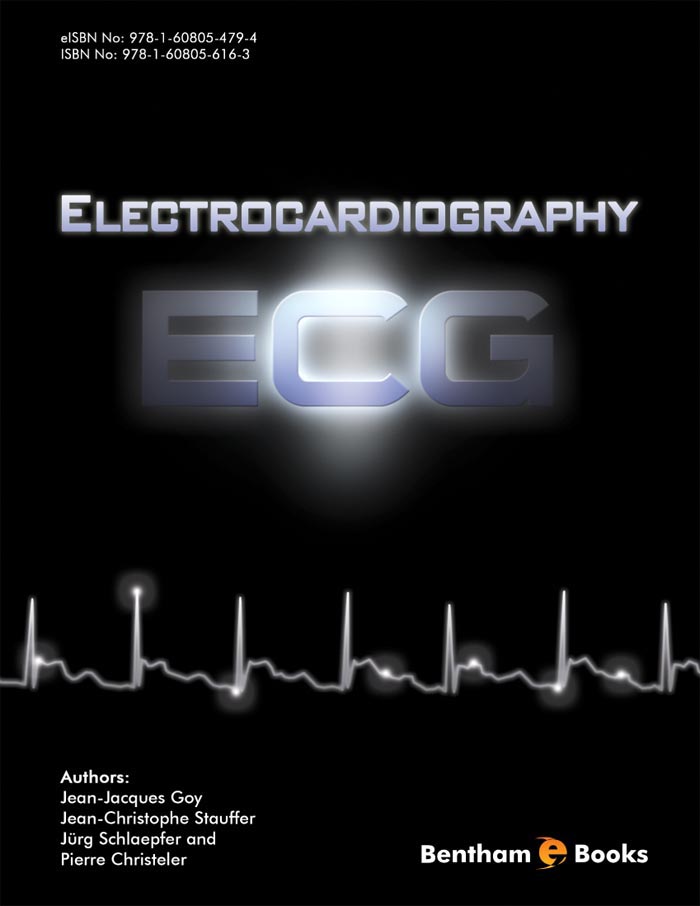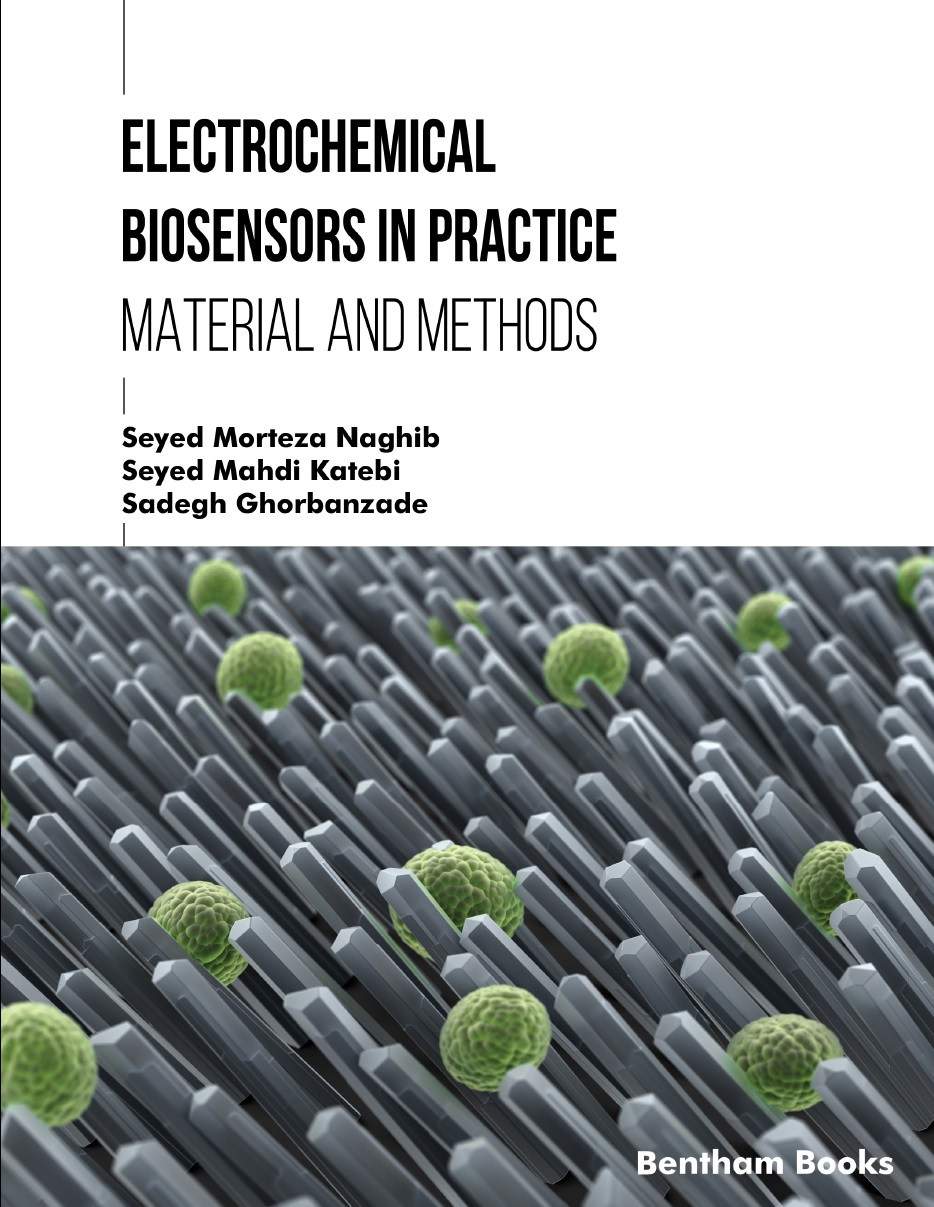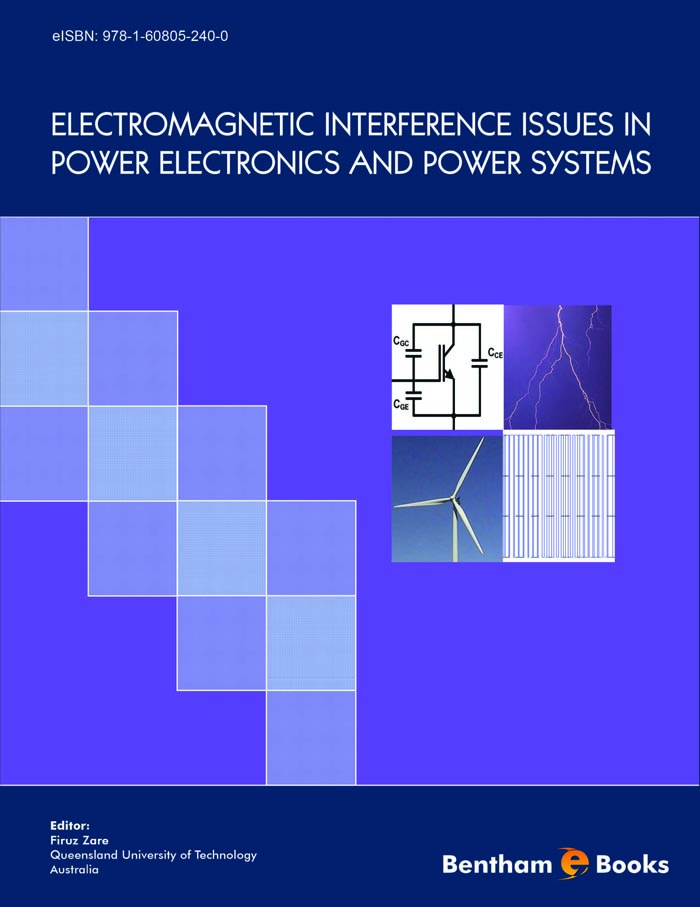Bentham Science Publishers
Bentham Science Publishers is a major publisher of more than 100 peer-reviewed science, technology and medical (STM) journals, along with a rapidly growing collection of eBooks. Since 1993, Bentham Science Publishers has been catering to the information needs of the pharmaceutical, engineering, biomedical and medical research community.681 - 700 of 1969 results
-
-
Drug Repurposing Against SARS-CoV2
More LessDrug repurposing is a cost-effective method of discovering new treatments for diseases than traditional drug development methods. It involves virtual screening of chemical candidates with the aid of computational methods like molecular docking. Drug Repurposing against SARS-CoV2 focuses on current trends in drug repurposing against the novel coronavirus strains. The book aims to give readers an overview of drug repurposing against COVID-19 and various techniques involved in the process. The book consolidates available information on the pathophysiology, drug targets, and drug repurposing against COVID-19 into a single, convenient resource. Key features -An up-to-date compilation of the evidence that supports the drug repurposing for COVID-19. -How to use repurposing of available drugs for disease therapy. -Provides an improved understanding of pathophysiology and SARS-CoV2 viral entry pathways. - Provides references for further reading
-
-
-
Drug Repurposing for Antivirals
More LessDrug Repurposing for Antivirals is a timely volume bridging pharmacology, virology, and computational science to present a cohesive understanding of the scientific and translational potential of drug repurposing in antiviral therapy with innovative strategies of finding new antiviral applications for existing drugs, an approach that shortens development timelines, reduces costs, and accelerates clinical deployment
The book covers core concepts, from historical successes to modern applications in combating viral diseases. It explores computational screening, molecular docking, and AI-driven tools for identifying candidate molecules; experimental validation methods; and real-world case studies involving influenza, SARS-CoV-2, HIV, and hepatitis viruses. Special focus is given to host-targeted antivirals, broad-spectrum agents, and strategies to counter viral resistance. Regulatory aspects, challenges, and future directions for integrating repurposed antivirals into clinical practice are also discussed.
Key Features:
Integrates theory, methodology, and real-world case studies.
Covers both computational and experimental approaches.
Highlights implications for pandemic preparedness and rapid-response drug discovery.
Includes contributions from leading experts in virology, medicinal chemistry, and pharmacology.
-
-
-
Drug Resistant Tuberculosis: Practical Guide for Clinical Management
More LessThis book is a concise, straightforward practical guide to the clinical management of patients having drug resistant tuberculosis infections. It covers every aspect of drug resistant tuberculosis, starting from epidemiology and bacteriology to a description of the latest diagnostic tests and a list of tuberculosis drugs. Readers will find clear guidelines for selection and administration of treatment regimens for the different types of drug resistant infections as well as instructions on follow-up procedures for such cases.
The book also includes a series of clinical cases illustrating some of the most frequent problems encountered by doctors while treating drug resistant tuberculosis in a clinical setting.
Drug Resistant Tuberculosis: Practical guide for clinical management is a useful handbook for general practitioners and medical students interested in learning about multi drug resistant tuberculosis and pulmonary care of patients having advanced infections.
-
-
-
Drugs Sex, And Crime - Empirical Contributions
More LessThis book covers some recent researches on the interface between drug misuse and crime and demonstrates that some types of violent crimes are more intimately related to alcohol and / or drug consumption. It is written for researchers, health and law professionals engaged in the evaluation, management and treatment of different types of offenders. It is organized by a number of phenomena that are known (or supposed) to link drugs and crime. This book shows that the application of punishment under the guise of deterrence, despite its ineffectiveness, is frequently preferred to a more adequate management for some types of offenders. This book provides ten manuscripts that describe different aspects of the relationship between drugs and crimes, always focusing on Brazilian reality. It shows that a partnership between specialized mental health professionals, lawyers and policy makers is urgent with respect to this subject in Brazil and other countries.
-
-
-
Durable Ideas in Software Engineering: Concepts, Methods and Approaches from My Virtual Toolbox
More Less"Software Engineering now occupies a central place in the development of technology and in the advancement of the economy. From telecommunications to aerospace and from cash registers to medical imaging, software plays a vital and often decisive role in the successful accomplishment of a variety of projects. The creation of software requires a variety of techniques, tools, and especially, properly skilled engineers. This e-book focuses on core concepts and approaches that have proven useful to the author time and time again on many industry projects over a quarter century of research, development, and teaching. Enduring, lasting, and meaningful concepts, ideas, and methods in software engineering are presented and explained.
The book covers essential topics of the field of software engineering with a focus on practical and commonly used techniques along with advanced topics useful for extending the reader’s knowledge regarding leading edge approaches. Building on the industrial, research, and teaching experiences of the author, a dynamic treatment of the subject is presented incorporating a wide body of published findings and techniques, novel organization of material, original concepts, contributions from specialists, and the clear, concise writing required to keep the attention of readers. Using over 20 years of lecture notes, transcripts, course notes, view graphs, published articles, and other materials, as well as industry experience on commercial software product development a "virtual toolbox" of software techniques are shared in this volume."
-
-
-
Dynamical Processes In Atomic And Molecular Physics
More LessAtomic and molecular physics underlie a basis for our knowledge of fundamental processes in nature and technology and in such applications as solid state physics, chemistry and biology. In recent years, atomic and molecular physics has undergone a revolutionary change due to great achievements in computing and experimental techniques. As a result, it has become possible to obtain information both on atomic and molecular characteristics and on dynamics of atomic and molecular processes. This e-book highlights the present state of investigations in the field of atomic and molecular physics. Recent theoretical developments as well as new discoveries and observations are discussed. The Book should be of interest to students studying atomic and molecular physics and specialists in related fields of science and technology.
-
-
-
Dynamics of Biological Macromolecules by Neutron Scattering
More LessDynamics of Biological Macromolecules by Neutron Scattering provides insight into the study of the dynamics of biological macromolecules by neutron scattering techniques. The applicability of neutron scattering to expanding fields of biological studies is very extended and the neutron scattering community is interested in using these unique technologies to their best advantage. The book is focused on recent scientific results on biomolecular motions obtained by using neutron spectroscopy, and also discusses likely directions of future work on biological macromolecular systems while outlining some challenging, hitherto inaccessible problem areas. The Ebook should be very useful for biophysicists, biochemists, experts and non-experts in neutron scattering.
-
-
-
Echography in Ocular Pathology
More LessThis monograph expands on the ultrasound exploration of the ocular globe (or, in other words, the human eye) with a review of the current knowledge about ocular ultrasound techniques and its indications in ophthalmic pathology. Ocular echography has only been recently studied in greater detail by ophthalmologists thanks to new imaging techniques such as optical coherence tomography [OCT] and scanning lasers, which have become the preference in ocular exploration, relegating ultrasound to cases with poor fundus visualization. New ultrasound equipment with multi-frequency linear probes between 15 to 18 MHz, also permits technicians to observe ocular structures with greater detail. A key aspect of ultrasound is its dynamic capability, which allows assessing the displacement of intraocular structures and their relation to the different eye layers. This is crucial in diagnosing retina pathologies that can affect the outcome of cataract surgery. Ocular echography is also an excellent option to determine retinal lesions in cases of ocular tumors (choroid melanoma) as it is also a differential diagnosis for other tumors (metastasic tumors or hemangiomas). The book also includes a chapter on the use of Color-Doppler ocular examinations in the diagnosis of ocular vasculopathies (arterial or venous occlusions).
Echography in Ocular Pathology empowers readers ophthalmologists and clinical technicians with the knowledge to diagnose different eye pathologies and thus ameliorate ophthalmic patient management.
-
-
-
Ecological Footprint Assessment of Building Construction
More LessSustainability is a major concern when considering the construction of a new building project as there is a definite effect of any construction on its surrounding environment. One tool to measure the environmental impact of projects is the Ecological Footprint (EF). Ecological Footprint Assessment of Building Construction: Spanish Case Study presents the methodology required for the creation of an effective EF assessment of building construction projects with a case study of a Spanish project. The book starts with a detailed overview of the EF indicator for buildings including definitions, methodologies and scale applications. This is followed by chapters on dwelling construction methodology and calculation models for direct (energy and water), indirect (manpower and construction materials) resource consumption and waste in the constructed area. The book concludes with a case study that demonstrates the application of all types of EF indicators mentioned in the previous chapters. The methodology and all steps for each calculation are explained in detail, making the book an applicable reference for working professionals as well as an easy-to-understand guide for graduates undertaking sustainability modules in ecology and civil engineering courses
-
-
-
Ecological Impacts of Toxic Chemicals
More LessEcological Impacts of Toxic Chemicals presents a comprehensive, yet readable account of the known disturbances caused by all kinds of toxic chemicals on both aquatic and terrestrial ecosystems. Topics cover the sources of toxicants, their fate and distribution through the planet, their impacts on specific ecosystems, and their remediation by natural systems. Each chapter is written by well-known specialists in those areas, for the general public, students, and even scientists from outside this field. The book intends to raise awareness of the dangers of chemical pollution in a world dominated by industry and globalization of resources. Because the problems are widespread and far reaching, it is hoped that confronting the facts may prompt better management practices at industrial, agricultural and all levels of management, from local to governmental, so as to reduce the negative impacts of chemical contaminants on our planet.
-
-
-
Economic Periodontal and Implant Dentistry
More LessEconomic Periodontal and Implant Dentistry presents a comprehensive approach to periodontal and implant dentistry. It combines basic standard knowledge with updated information about the latest advances in periodontal and implant therapy, while also providing an adequate response to the increasing demands that health, implants and aesthetics are making on the dental community. Key features of this text include:
-a focus on interdisciplinary treatment concepts in periodontics, implant dentistry, and economic healthcare delivery
-new insights gained from research directly linked to clinical applications
-synoptic concepts based on strategies for infection control in diseased periodontal tissues
-text outlined to improve daily patient care in dental practice
The book will renew readers understanding of periodontal disease, diagnosis and implant therapy. It is a key reference for dental practitioners and healthcare delivery professionals.
"
-
-
-
Educational Technologies for Teaching Argumentation Skills
More LessConsiderable efforts have been made in developing and assessing educational technology to support and teach argumentation. These efforts have culminated in the form of techniques which include Intelligent Tutoring Systems and Computer Supported Collaborative Learning. Many of these techniques have been shown to be effective for specific argumentation domains. At the same time, the general design problem of how to support a learner’s acquisition of argumentation skills through computer aided tools has not yet been perfected. This e-book presents a collection of current approaches in educational technologies for argumentation. Technological approaches underlying successful argumentation systems are presented, along with their relation to the success of these tools.
-
-
-
Effect of Static Electric Fields on The Electronic And Optical Properties of Layered Semiconductor Nanostructures PART I: "Effect of Static Electric Fields on The Electronic Properties of Layered Semiconductor Nanostructures
More LessThis volume investigates the theory of the effect of static electric fields on one-electron states in. nanocylindrical and nanospherical heterolayers and quantized semiconductor films.
Homogeneous external electrostatic field for all these structures has been considered as a "universal" modulating factor. For structures with radial symmetry, a study on the influence of radial static field and the electric field of a charged ring on one-electron states is presented. Chapters focusing on homogeneous field effect on low-dimensional excitonic states in the quantized films and quantum wires - in both wide bandgap and narrowband semiconductors - are also included. Other contents include calculations weak, moderate and strong electric fields, quantum-mechanical approximation and perturbation theory, the quasi-classical approximation (WKB method). Readers will benefit from the varied methodological to the subject which gives them a concrete analytical framework to solve problems related to nanoscale semiconductor design. The reference should prove to be useful to academics and professionals working in semiconductor nanoelectronics research and development.
-
-
-
Effective Engineering Management: Fostering Sustainability and Responsible Leadership
More LessThis book addresses the pressing need for responsible decision-making in modern engineering contexts, the book explores interdisciplinary approaches that integrate sustainability, corporate responsibility, and innovation within management systems.
Divided into three thematic sections, the volume begins with foundational discussions on cultural challenges, ESG reporting frameworks, and CSR integration. It then moves to sector-specific analyses—including construction, IT, and manufacturing—highlighting sustainable business practices and organizational effectiveness. The final section presents forward-looking perspectives, such as the role of AI, gamification, HR innovation, and continuous process improvement in shaping the future of engineering management.
Key Features:
Investigates emerging paradigms in sustainability reporting and ethical leadership
Explores real-world case studies across diverse industries
Examines the intersection of technology, HR trends, and engineering practices
Offers multidisciplinary perspectives from expert contributors
Supports practical understanding through contextual analysis
-
-
-
Efficient Preconditioned Solution Methods for Elliptic Partial Differential Equations
More LessThis e-book presents several research areas of elliptical problems solved by differential equations. The mathematical models explained in this e-book have been contributed by experts in the field and can be applied to a wide range of real life examples. Methods explained include pre-conditioned conjugate grid models, higher order discretization and finite element mesh generation. This e-book should be a useful reference for scholars and professionals interested in elliptical partial differential equations.
-
-
-
Einstein's Revolution: A Study Of Theory Unification
More LessEinsteins Revolution: A Study of Theory Unification gives students of physics and philosophy, and general readers, an epistemological insight into the genesis of Einsteins special relativity and its further unification with other theories. The book starts with an introductory analysis of the reasons for mature theory change in science. This leads to a discussion about special relativity genesis.
It is contended that Einsteins ingenious approach to special relativity creation, substantially distinguishing him from Lorentzs and Poincarés invaluable impacts, turns to be a milestone of maxwellian electrodynamics, statistical mechanics and thermodynamics reconciliation design. Special relativity turns out to be grounded on Einsteins breakthrough 1905 light quantum hypothesis. Eventually the author amends the received view on the general relativity genesis by stressing that the main reason for Einsteins victory over the rival programmes of Abraham and Nordström was a unificationist character of Einsteins research programme.
-
-
-
Electric Vehicle Technologies: Trends, Control, and Charging Solutions
More LessElectric Vehicle Technologies: Trends, Control, and Charging Solutions explores the latest innovations transforming electric transportation. This concise and accessible volume presents advances in electric vehicle (EV) systems, focusing on solar energy integration, intelligent motor control, battery charging technologies, and IoT-based applications.
The book is divided into three thematic sections. It begins with solar-powered charging systems and hardware design for sustainable mobility. It then covers power electronics and motor control methods, including BLDC control and adaptive charging frameworks. The final section addresses cutting-edge developments like vehicle-to-grid (V2G) systems and IoT-enabled EV automation.
Key Features:
- Advances in solar EV charging and wireless power transfer.
- Control strategies for EV motors and battery charging.
- Integration of IoT and autonomous systems in EVs.
- Hardware designs for electric bicycles and solar charging stations.
- V2G systems and adaptive power control.
-
-
-
Electrocardiography (ECG)
More LessThis e-book starts with a comprehensive overview of the basic principles in Electrocardiography (ECG) with just enough depth to lift the reader above the crowd when it comes to understanding the physics behind ECG. Subsequent chapters provide an approach to the analysis of the ECG. The most important followed by sections with insight into conduction abnormalities, arrhythmia, and myocardial ischemia. The e-book has a straightforward layout, a very clear format, and abundant ECG tracings for interested readers. The diagnostic algorithms provided in the volume prove to be very useful in daily medical practice. Overall, the e-book will help novice physicians, students and fellows to improve their knowledge in ECG interpretation.
Electrocardiography (ECG) is, therefore, a very attractive book for all levels of physicians and health-care professionals interested in ECG and it is a welcome addition to the medical literature.
-
-
-
Electrochemical Biosensors in Practice: Material and Methods
More LessA biosensor is an integrated receptor-transducer device that converts a biological response into an electrical signal. The design and development of biosensors have taken center stage for researchers or scientists in the recent decade owing to the wide range of biosensor applications in healthcare and disease diagnosis, environmental monitoring, water and food quality, and drug delivery. Due to their adaptability, ease of use in relatively complex samples, and portability, the significance of electrochemical biosensors in analytical chemistry has increased manifold. Electrochemistry has been pivotal in developing transduction methods for biological processes and biosensors. In parallel, the explosion of activity in nanoscience and nanotechnology and their huge success have profoundly affected biosensor technology, opening new avenues of research for electrode materials and transduction.
Electrochemical Biosensors in Practice: Material and Methods particularly explores the use of silver and gold nanoparticles for signal amplification, photocurrent transduction, and aptamer design. Therefore, the book serves as an introductory text for those specializing in biosensors and bioelectronics and their practical applications.
Key features
Includes structured information for easy understanding of the subject
Provides an introduction to biosensors and electrochemical biosensor classification
Explains fundamental concepts and practical electrochemistry techniques for research
Provides notes on essential electrochemical sensor materials such as graphene, carbon nanotubes, conductive polymers, and other advanced materials
Provides information about electrochemical biosensor development
Informs readers about recent applications and research findings
Includes references for further reading
-
-
-
Electromagnetic Interference Issues in Power Electronics and Power Systems
More LessThis E-Book focuses on conducted and radiated emission noise generated by different power converters such as Switch Mode power Supplies and DC-AC Inverters. EMI filter design and different approaches to predict common mode and differential mode noise are illustrated in detail. Common mode and surge voltage issues in AC machines have also been addressed and discussed in this E-book. The E-book is intended for helping engineers and students to analyze EMI problems in electrical and electronic systems.
-

